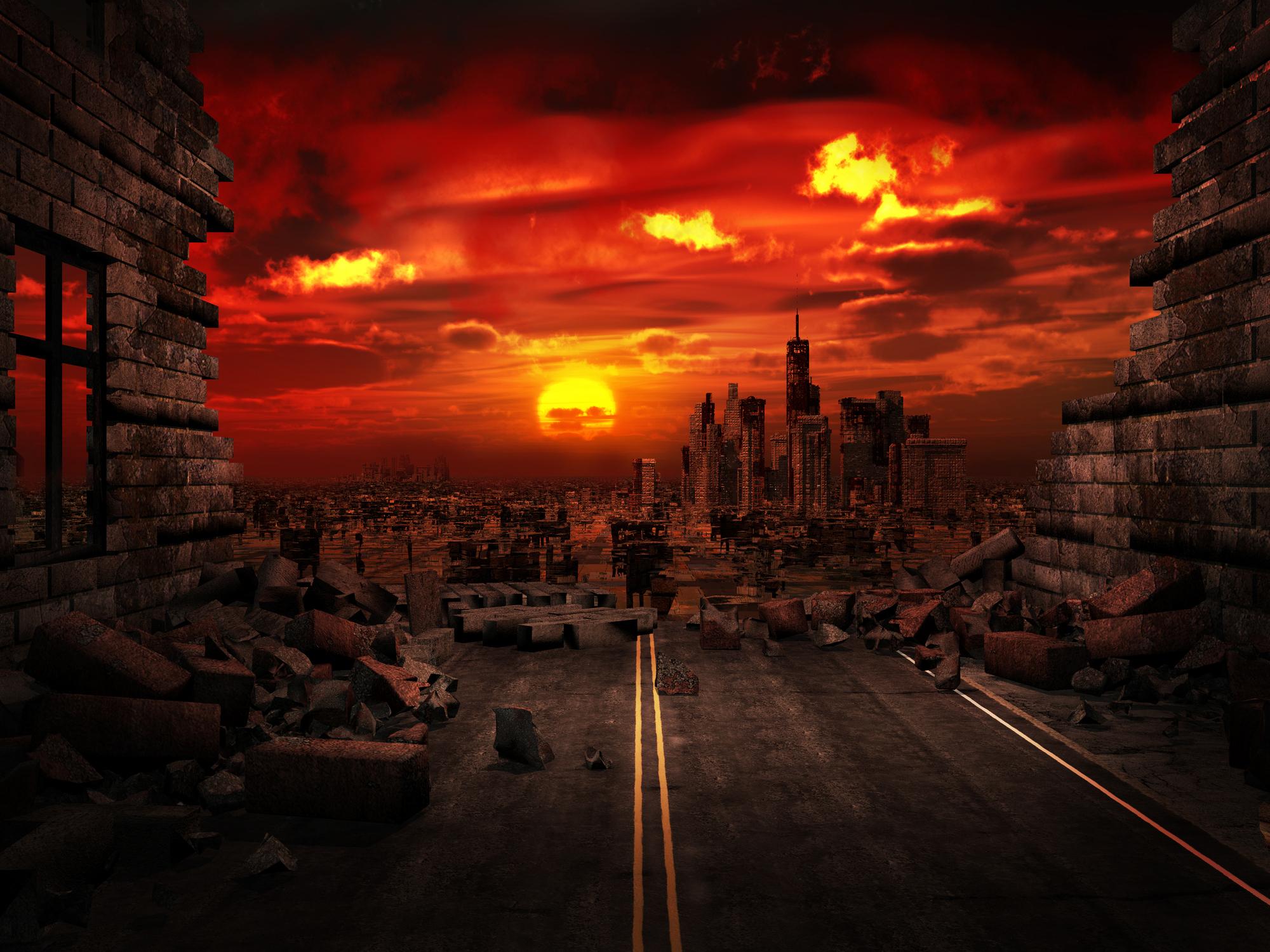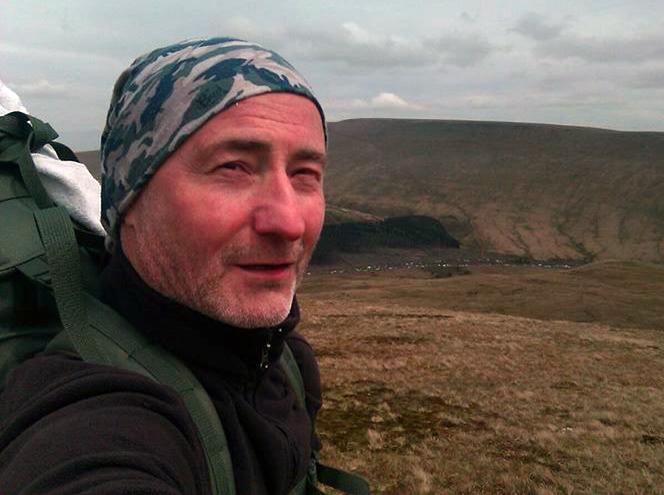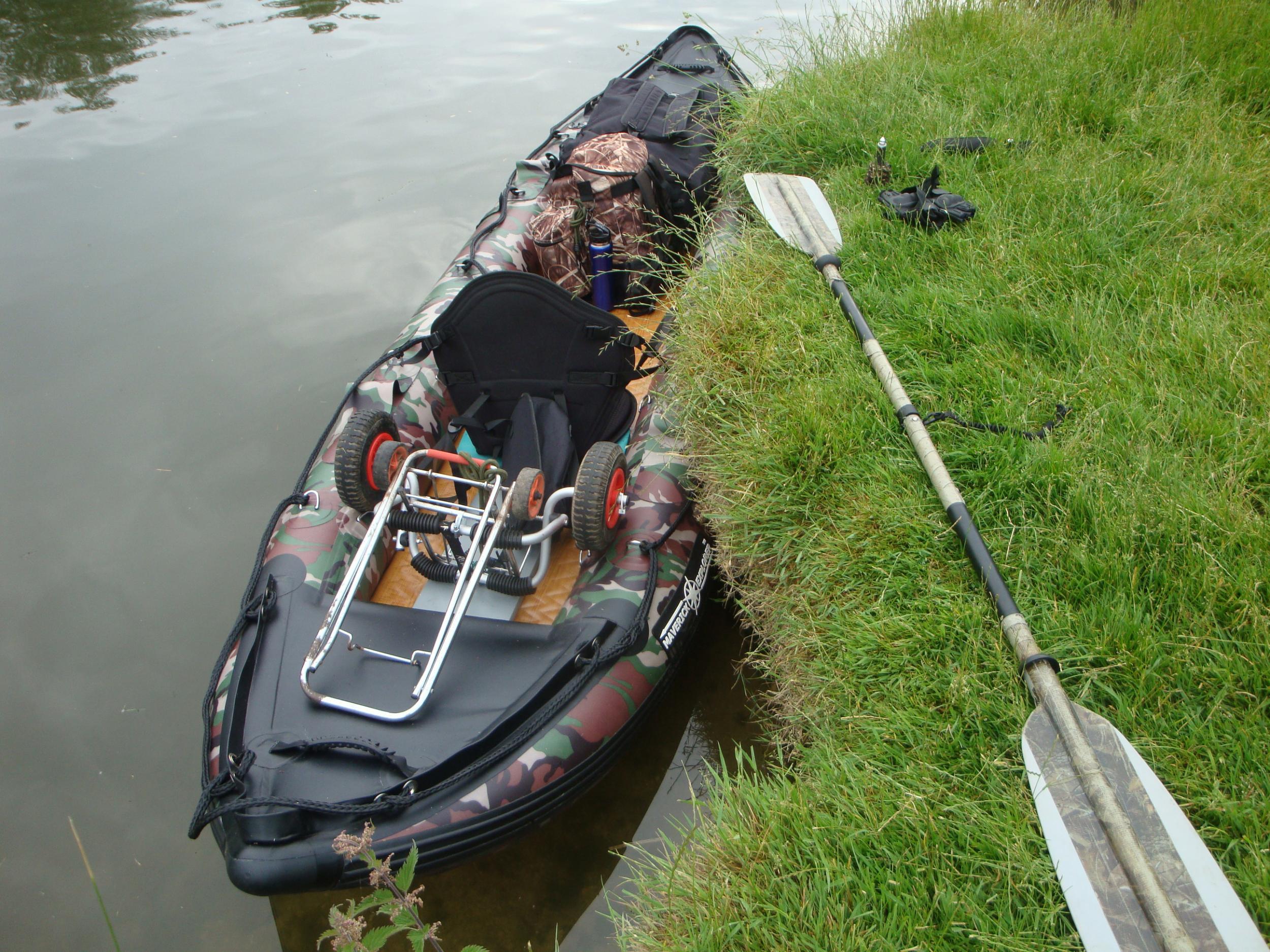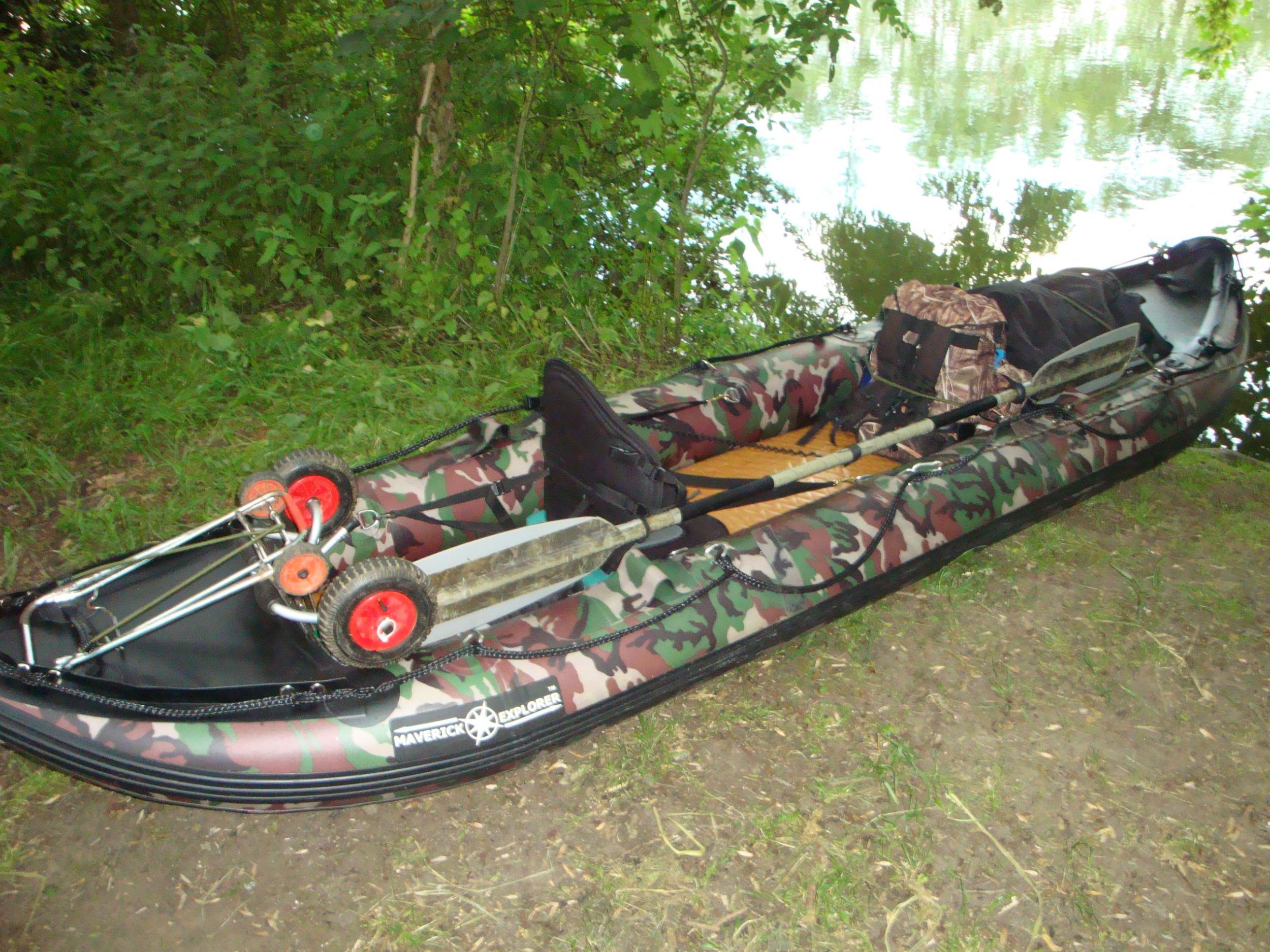The Independent's journalism is supported by our readers. When you purchase through links on our site, we may earn commission.
Doomsday ready: The British people preparing for the apocalypse
Pete Stanford preps mainly for the event of a food or energy shortage, but if a nuclear attack strikes he's also ready

All of us have probably experienced a fleeting thought - probably after watching Armageddon or The Day After Tomorrow – about what we would do in the event of a global disaster. Would we assemble loved ones and scramble into the car before heading for the hills via a gridlocked motorway? Or would we escape to a nearby natural safe place armed with blankets, water and long-lasting food?
These fleeting thoughts are normally followed with a shrug for most. However, for some, they have thought about these potential moments very carefully and have prepared thoroughly and accordingly.
Peter Stanford is a ‘prepper’ – someone who has made plans for a catastrophic event or disaster to ensure his survival.
Aged 50, Peter will not say where exactly in the south of England he lives “because there are a few stalkers out there”. He got into prepping from his career in personal training and life coaching
Fully aware that he might be perceived as a “bunch of nutters who all wear tin foil hats” , he jokes that he has all the descriptions of alien spaceships written down before assuring me that prepping can be even in the most low-key of circumstances and that more often than not preppers are just ensuring they will be covered if anything “disrupts their day to day living”.
“Some people would not label themselves as preppers but even those who put a shovel and blanket in the car are prepping,” he says.
Peter says there are three things preppers seek to ensure they have for if and when SHTF (Peter regularly uses abbreviations during our conversation and this one means “sh** hits the fan”) and they are: shelter, food and water.

“I’m not waiting for global conflict to happen yet it could do,” he says. “There is a lot of stuff going round at the moment because of Trump and Russia, whether that’s misinformation or true is besides the point. I know there are far more instantaneous things that could affect me which would need me to switch on prepper mode.”
So what are these instantaneous threats? One is due to the fact the UK imports more than half of its food, meaning something as simple as bad weather in another country could cut off some of the food supply. Peter says the recent ‘courgette crisis’ and lettuce shortage due to poor weather in southern Europe led some in the prepper community to question whether we were getting the whole story.
“As soon as a prepper sees something like that – we’re not paranoid – but we do think, ‘Ah, interesting. Let’s look into this’.”
Power cuts and fuel shortages (due to an oil crisis caused by conflict in the middle east, he suggests) are another area Peter is wary of so he never lets his petrol level get below three quarters full, just in case he needs to make a quick escape. He also has a bug-out bag, a bag containing essentials that would help you survive for around 72 hours.
He is also “as best as possible” prepped for some of the most severe threats:nuclear and chemical attacks. He owns an army-issued NBC (nuclear biological chemical) suit, gas mask and has plenty of escape routes handy.
“A lot of people say if there was a nuclear holocaust I would not want to live it but my attitude is never give up unless you are dead. That [slogan] has actually got me out of some dodgy situations, you have that drive to keep going. My philosophy is that I will do anything to keep going until I am on my last legs.”
Peter also has a “covert” spot in a rural location which is his escape destination should riots or attacks break out near where he lives.
“Because of its location, it is the last place a normal person would want to go to,” he says mysteriously. “If I needed to get out of my house and my life was at threat, I have a very nearby area I can go to… if I lived in a city, I would be limited and my choices would be much less.”
He actually has five planned locations which he would flee to, including one which his close family are aware of so that they could all meet up in the event of a catastrophe.
One of these locations involves his canoe which he has customised over two years so that he can solely survive on water if needs be.

“I could live outdoors if that was the last-resort scenario. You are right next to the water and I have got ways of processing water so it is consumable. Plus anywhere where there is water you have wildlife so I would have my MREs (meals ready to eat).”
“It is not like I am waiting for the bad things to happen, it is just knowing they can. My mindset is switched on to seeing what is going on and seeing if that affects me, 99 per cent of the time I know I can carry on living normally but, if push comes to shove, it is not going to be the slightest bit of emotional effort or trauma for me to know what I have to do in these situations.”
Peter appears particularly sceptical and suspicious of the media and government - although he insists he is not an anarchist – and says he has friends at ‘homeland security’ who he hears things from.
“There’s a lot of things the British government have to say and do to make people feel as secure as possible. Because then if something was to happen, which did put people at risk because it wasn’t able to be sorted out, that is going to happen anyway. It is far better to make people feel comfortable leading up to a situation that might not actually happen.
“A lot of it we don’t actually hear about because if we did it would be included in every single piece of news, there would be nothing else included. Unless you go to find out about these things, you find out there are much more dangerous things going on which we don’t find out about in the media,” he claims.
So are dangerous events more likely to happen in present times? Peter seems to think so because there is more global political friction. Though those raised in the Cold War era of nuclear bomb shelters might beg to differ, Peter claims the advance of technology lends itself to bigger risks.
“People are getting more technically aware, so are terrorists and whoever the opposing factions are,” he warns.
He points to the rise of far right politics across Europe comparing it to fascism in Europe in the 1930s: “There are more pockets of these people around now because people can communicate easier which makes the group stronger.”
Prepping has commonly been a phenomenon more widely found in the United States, there is an American Preppers Network with an online forum for sharing survival techniques and gun techniques: “Prepping is a totally different culture over there because of their mindset to guns,” he says. A recent New Yorker article claimed some of the countries’ wealthiest people had begun looking into survival and prepping techniques.

Peter says he has certainly noticed an increase in the practice this side of the Atlantic attributing it mainly to the 2008 financial crisis saying people have become more sceptical of politicians, bankers and the elite.
“People tend to get more negative in their attitude to the system and then don’t trust it. Where people lost their homes after the financial crash, people are getting prepared.”
He begins to tell me that in a continued age of austerity, the thought of people suddenly losing their homes is frightening before immediately correcting himself: “Frightening is the wrong word. Fear doesn’t actually come into my vocabulary, the word is concerned." The only thing he is genuinely fearful of is losing his health, he says.
As we end the call he asks if I am going to get a “bug-out bag” now. Having already told me that being London-based I am in “major urbanville” with much more competition if I needed to survive – and the capital would also be a “target area” for a nuclear attack - it's given me something to think about, maybe I’ll buy an extra bottle of water and bag of crisps just in case.
Join our commenting forum
Join thought-provoking conversations, follow other Independent readers and see their replies
Comments
Bookmark popover
Removed from bookmarks